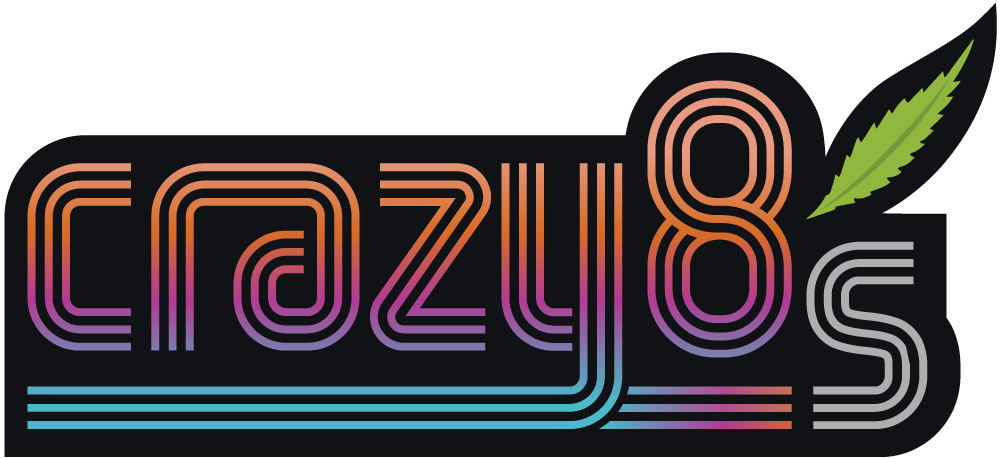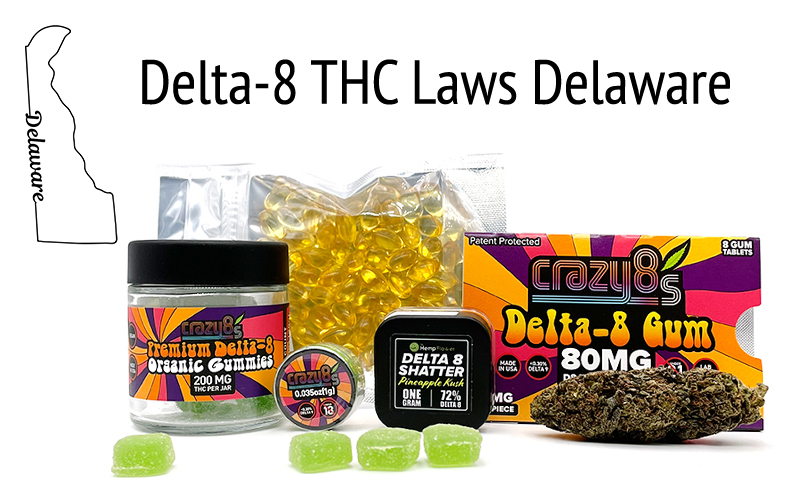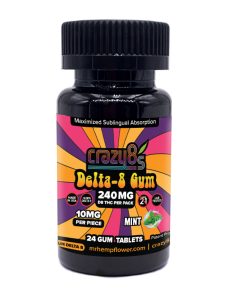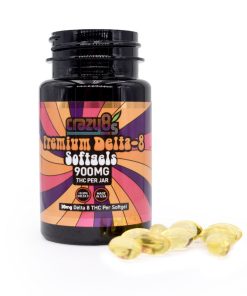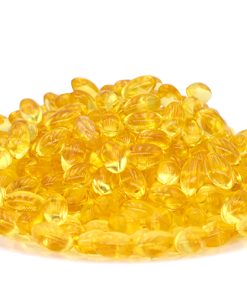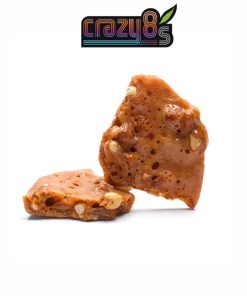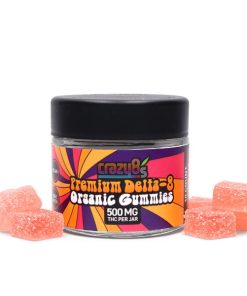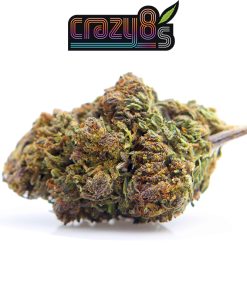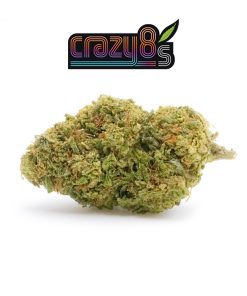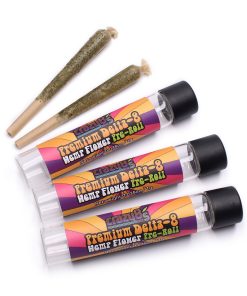Delta 8
Is Delta 8 THC Legal in Delaware & Where to Buy in 2022
Some states have banned or restricted delta 8 THC, while others allow it in abundance. Delaware belongs to the first group and considers delta 8 a banned substance.
Despite the Farm Bill of 2018, hemp-derived products in the Diamond State remain largely unregulated. Let’s dive into the current state of Δ8-THC in Delaware & its future in the Diamond State.
Is Delta 8 THC Legal in Delaware?
Delta 8 THC is illegal in Delaware. The state classifies it as a Schedule I controlled substance.
What is Delta 8 THC?
Delta 8 THC revolutionized the hemp industry, offering an “alternative” to the traditional delta 9 THC “high.” This cannabinoid is found in low concentration in the hemp plant (less than 1%) and results from the degradation of delta 9 THC. Most Δ8-THC on the market is made in a lab from hemp-derived CBD, hence the confusion about its legality.
Delta 8 will get you “high” because it possesses intoxicating properties. This cannabinoid directly affects the endocannabinoid system and can help with pain, sleep problems, low appetite, nausea and vomiting, and anxiety. The Δ8-THC “high” is less intense than the delta 9 and provides a more relaxing and fun psychotropic experience.
Buying Delta 8 THC in Delaware
Unfortunately, delta 8 THC is illegal in Delaware. You can buy hemp-derived CBD products in the Diamond State, which are 100% legal.
When starting your delta 8 journey, finding a brand that effectively caters to your well-being is essential. Crazy8s is a leading provider of pure, safe, and effective delta 8 extracts. Our processes are rooted in excellence with over a decade of cultivating strong relationships with farmers and labs.
We specialize in top-shelf, hemp-based delta 8 extracts and pure and organic products. Our delta 8 THC gummies are certified vegan-friendly, sugar-free, non-GMO, and gluten-free. They are the perfect product to kick start your delta 8 journey and are available in two strengths — 10mg and 50mg.
The 10mg option is perfect for beginners, offering mild intoxication and a calm, relaxing feeling. If the 10mg gummy is too much for you, start with half a gummy (they are sprayed with evenly distributed distillate) and wait for 40 minutes for it to work. Seasoned users will love the 50mg option because it helps to unwind and enjoy a restful evening.
We don’t simply promise efficiency and safety, we prove it with our up-to-date Certificate of Analysis. Our team collaborates with the best US farmers in the industry, focused on growing organic crops.
Is Delta 8 THC Legal in Delaware?
Delta 8 THC is illegal in Delaware. The state considers this compound a Schedule 1 substance.
Title 16 of Delaware’s Uniform Controlled Substances Act states that products with “any tetrahydrocannabinols, their salts, isomers, or salts of isomers” that haven’t been approved by the US Food and Drug Administration are illegal in Delaware.
Thanks to the Farm Bill of 2018, delta 8 THC is legal under federal law. But, because Delaware considers it a Schedule 1 drug, it cannot be distributed, obtained, or consumed in this state legally.
Hemp-derived CBD products with less than 0.3% delta 9 THC are legal in the Diamond State but remain relatively unrestricted and unregulated. After the 2018 Farm Bill, the state passed Senate Bill 226, which focuses primarily on the cultivation of hemp.
Recreational cannabis is illegal (but decriminalized) in Delaware, while medical marijuana is available for patients with serious medical conditions.
What Does the Future Hold?
Right now, the situation with delta 8 THC in Delaware doesn’t seem too hopeful, considering the state has no regulations on hemp products in place. This cannabinoid is illegal, and there are no proposed bills to change this status soon. But as the US is headed towards full legalization of cannabis, we can, at least, expect that this state will follow suit.
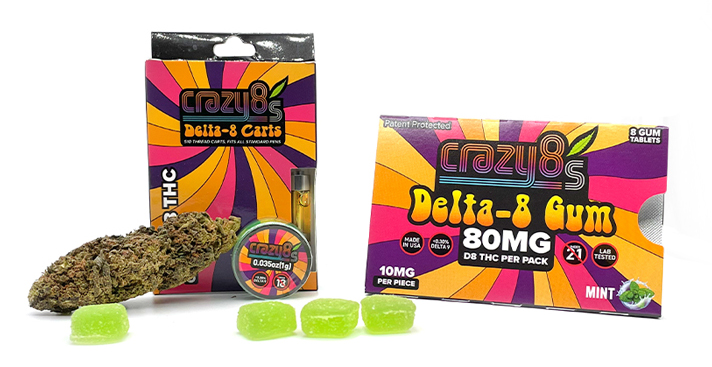
Is Delta 8 THC Legal Federally?
The legal status of Δ8-THC on a federal level is still unresolved. In August 2021, the DEA sent a response letter to the Alabama Board of Pharmacy suggesting possible legality of this compound — but the situation remains murky. This mainly has to do with the way hemp-derived Δ8-THC is being processed.
In the letter, the DEA stated that “cannabinoids extracted from the cannabis plant that have a Δ9-THC concentration of not more than 0.3 percent on a dry weight basis meet the definition of ‘hemp’ and thus are not controlled under the CSA.” This means that Δ8-THC that naturally occurs in the hemp plant is legal under the Farm Bill of 2018.
But, because this compound is found in hemp in trace amounts, extracting it directly from the plant is financially burdensome. The other option is to create it in a lab from hemp-derived CBD, which most makers do. Manufacturers use non-cannabis (solvents) and cannabis (hemp-derived CBD) materials during the creation process.
Since it’s created by blending cannabis and non-cannabis materials (CBD is a key component), Δ8-THC falls in a gray legal area. The letter stated that Δ8-THC is considered illegal when it’s “synthetically produced from non-cannabis material.”
The hemp industry navigates a murky legal landscape due to a lack of regulations. To solve that, many states have banned, restricted, or regulated this cannabinoid. This is a nod to the need for regulatory measures to protect the consumer and the brands that offer quality products.
No, delta 8 THC is illegal in Delaware. The state classifies Δ8-THC as a Schedule 1 drug, meaning you cannot buy it in the state legally.
No, it’s not legal to sell delta 8 THC in Delaware. The state prohibits the sale of cannabinoids that the FDA hasn’t approved.
You can order delta 8 online legally if you live in a friendly state. This cannabinoid is illegal in Delaware, so you should avoid ordering it online.
No, it’s not legal in all 50 states, including Delaware. As of this writing, 19 states have banned or restricted the sale and distribution of this cannabinoid.
Read our legal disclaimer HERE. While we try to stay as up to date as possible on all state laws, you should do your own due diligence and work with a legal professional to ensure you are operating legally in your state or territory at all times.
